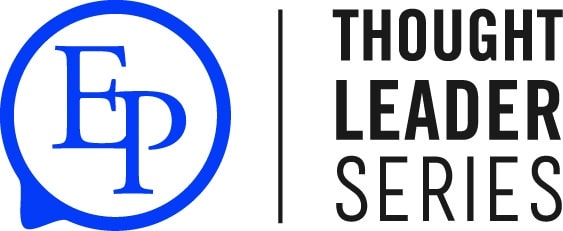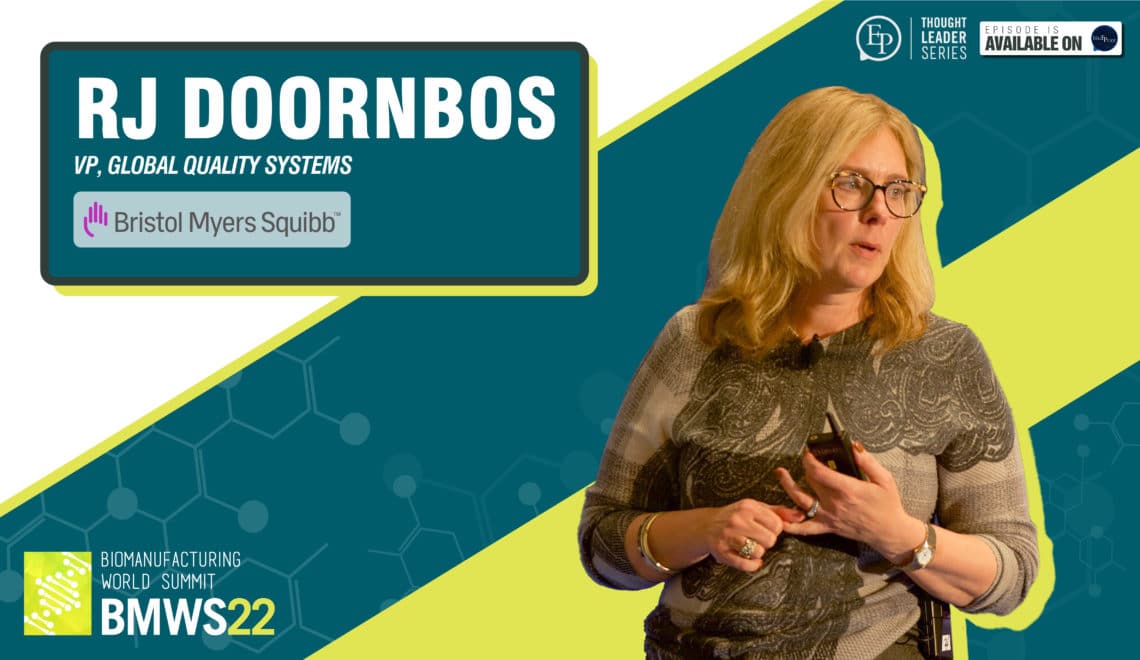- Why a Culture of Quality Excellence is foundational to achieving manufacturing excellence and leads to competitive advantage for operations. Driving a culture that recognizes the Value of Quality Excellence.
- How to establish a Culture of Quality Excellence by focusing not only on processes and digital infrastructure but also focusing on
- Real-world examples of how Quality excellence is translated into manufacturing excellence, including Vendor Management, Investigational Excellence and End to End QMS.
- Using Quality data in a proactive and predictive manner in order to deliver value and achieve manufacturing excellence.
—
 RJ Doornbos
RJ Doornbos
VP, Global Quality Systems
Bristol Myers Squibb
As the Head of Global Quality Systems, RJ serves as a key member of the Global Quality Leadership (GQLT) team. The primary function of this role is to ensure that an effective Quality System is in place for R&D and GPS organizations to ensure that work is conducted to the highest standards of quality and in compliance with applicable regulatory requirements. The Quality Systems organization also supports site operations in GPS, as well as functions performing GxP regulated activities in R&D. This includes establishing and maintaining an integrated GxP Quality System Framework to assure that GxP research and development activities as well as biopharmaceutical manufacturing activities are conducted in accordance with Company requirements, worldwide health authority regulations, and evolving regulatory expectations. The maintenance of this integrated quality system will include measuring and monitoring the operational performance of system elements. To ensure that the global quality system for BMS is designed and maintained according with evolving regulatory expectations, the quality systems department will contain centers of excellence (CoEs) for key systems such as devices, Change Management, Investigations, Complaints and Systems Ownership. The Head of Global Quality Systems oversees systematic implementation of programs to assure compliance with all principles of current Good Laboratory Practices, Good Clinical Practices, Good Pharmacovigilance Practices, and Good Manufacturing Practices to ensure patient safety and the highest standards of quality.
She joined BMS in December of 2017 from Teva, where she was Executive Director of North East Cluster, Quality Operations overseeing four manufacturing and packaging sites supporting human health products for the North America Human Health Business. Prior to that, RJ spent the majority of her career in the Schering-Plough Research Institute and the Merck Manufacturing Division with roles of increasing scope and complexity in the areas of Regulatory Affairs, Pharmaceutical Sciences, and R&D Commercialization Quality. Her experience spans the entire product lifecycle in both Quality Operations (R&D and Commercial) and in designing and implementing small and large scale Quality Systems including successful execution of US FDA Consent Decree. She has her BS in Pharmacy from Rutgers University, 1992.














